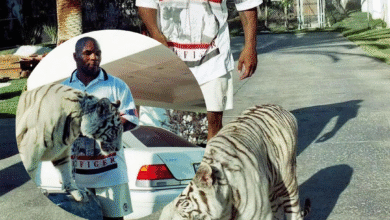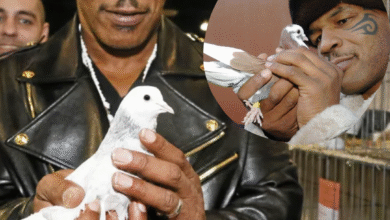He Didn’t Just Fight Opponents—Tyson Fought His Own Demons
OPINION: This article may contain commentary which reflects the author's opinion.
Mike Tyson once ruled the world with his fists. The youngest heavyweight champion in history, he could end fights in under 90 seconds. But when the spotlight dimmed, Tyson was left facing his fiercest opponent: himself.
Addiction, ego, violence, and prison followed. He lost titles, lost friends, and nearly lost himself. But what sets Tyson apart isn’t just what he survived—it’s what he became.
In interviews and his podcast Hotboxin’ with Mike Tyson, he speaks openly about trauma, guilt, and shame. He admits to fear. He cries. He reflects. He doesn’t hide behind the “Iron Mike” persona anymore. “I used to be a savage,” he says. “Now I try to be humble.”
This transformation wasn’t overnight. It took therapy. Religion. Plant medicine. Family. And a willingness to be seen—flawed, unguarded, and human.
Today, Tyson is a father, businessman, philosopher, and mentor. He’s traded the knockout punch for knockout honesty. Fans, both old and new, don’t just admire the fighter. They respect the man who confronted his demons—and chose growth.
He once said, “The greatest lesson I’ve learned is to forgive myself.” And that might be the most powerful win of his life.



